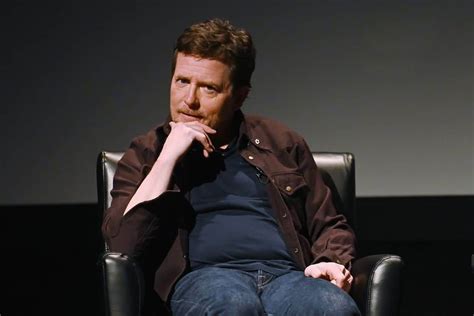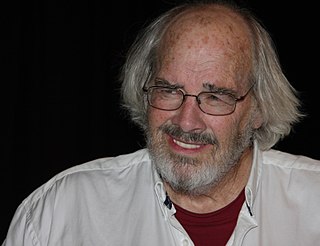A Quote by Martin Ryle
The benefits of medical research are real - but so are the potential horrors of genetic engineering and embryo manipulation. We devise heart transplants, but do little for the 15 million who die annually of malnutrition and related diseases. Our cleverness has grown prodigiously - but not our wisdom.
Related Quotes
Tragically, some people are genetically more susceptible than others to agripoisons and industrial pollutants. Genetic engineering to correct these medical problems is a narrow (reductionistic) and instrumental (mechanistic) response to a problem that is fundamentally conceptual: namely, our attitude toward life and our mistreatment of the Earth, plants, and animals-and ourselves in the process.
Right now people are interested in genetic engineering to help the human race. That's a noble cause, and that's where we should be heading. But once we get past that - once we understand what genetic diseases we can deal with - when we start thinking about the future, there's an opportunity to create some new life-forms.
There's already a lot of active research going on using the Crispr technology to fix diseases like Duchenne muscular dystrophy or cystic fibrosis or Huntington's disease. They're all diseases that have known genetic causes, and we now have the technology that can repair those mutations to provide, we hope, patients with a normal life.



































